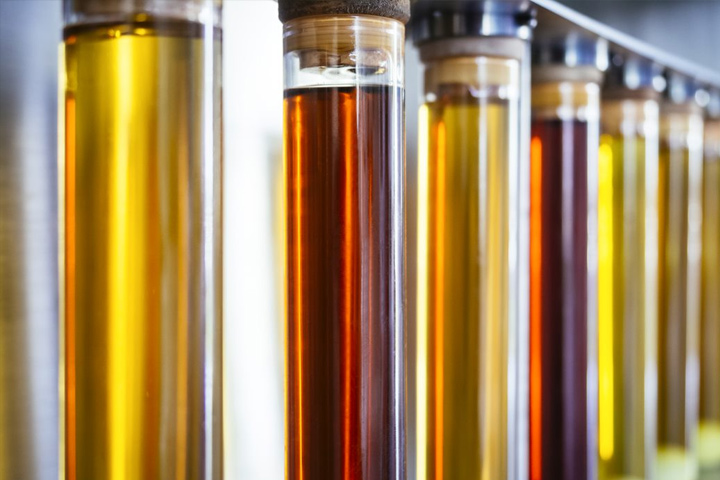There are currently three bioprocesses in the production of advanced ethanol from woody biomass: hydrolysis, fermentation, and wastewater treatment. In the future, there could be a fourth bioprocess at the St1 biorefinery: onsite enzyme production.
In the hydrolysis phase, enzymes break down the pre-treated raw material into sugars, which are then converted to ethanol with yeast in the fermentation phase. In wastewater treatment, biogas is produced.
The main objective of the St1 Onsite Enzyme Solution for advanced ethanol biorefineries is to solve the issue of costly enzymatic hydrolysis. In cooperation with our partner VTT Technical Research Centre of Finland, we have developed a strain that is an affordable and robust solution for producing industrial-grade enzymes onsite.
“At the moment we are partnering up and about to take the strain from the R&D laboratory to the industrial scale for proof of concept”, said Anna Kankaanpää, R&D Manager in Bioprocess Development.

Working together
“We have used synthetic biology in the development of our own onsite enzyme production strain and carried out research with genetically modified C5-yeasts developed by our partners. In the future, synthetic biology will increase possibilities to convert a variety of raw material molecules into bioethanol or other valuable bio-products. This will lead to improvements in yield and a wider range of potential co-products. In addition, yield and organism resistance towards inhibitors can be improved. More difficult raw materials could be processed without the organism struggling in the process”, asserts Kankaanpää.
There are several companies developing biorefinery solutions to produce biochemical products from forest industry residues. In most of these biorefineries where the fiber or lignin component is the main product, there is a hemicellulose-based sugar stream available. These sugar streams usually require a genetically improved C5-yeast to be fermented to ethanol. St1 is carrying out R&D work together with yeast suppliers and biorefinery developers to deepen our in-house fermentation expertise to cover even more challenging sugar streams.
“St1 has been working with challenging fermentations on different waste materials and scales for over 15 years. You could say it’s one of our fortes. This type of collaboration is a great approach for producing advanced ethanol and simultaneously avoiding expensive pre-treatment steps”, Kankaanpää explained.
